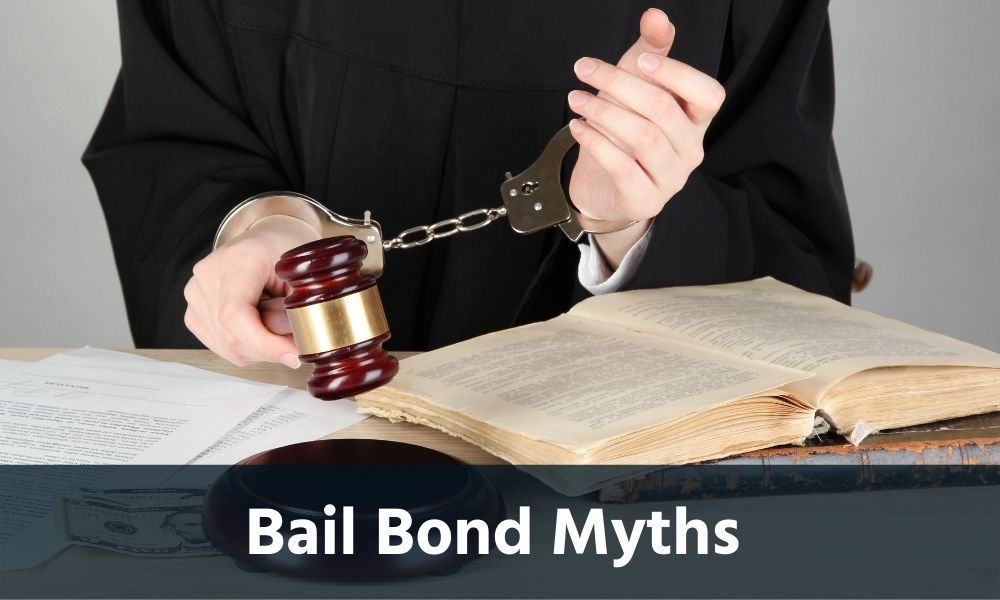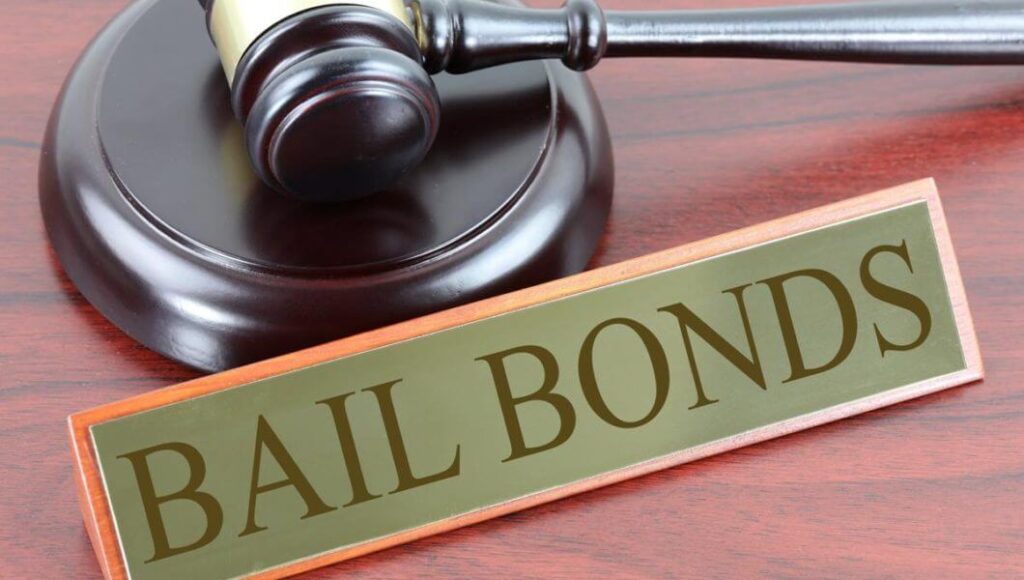Bail Bond: Definition, How It Works with Posting Bail
What Is a Bail Bond?
A bail bond is an agreement by a criminal defendant to appear for trial or pay a sum of money set by the court. The bail bond is co-signed by a bail bondsman, who charges the defendant a fee in return for guaranteeing the payment.
The bail bond is a type of surety bond.
The commercial bail bond system exists only in the United States and the Philippines. In other countries, bail may entail a set of restrictions and conditions placed on criminal defendants in return for their release until their trial dates.
KEY TAKEAWAYS
- A bail bond co-signed by a bail bondsmen is posted by a defendant in lieu of full payment of the bail set by the court.
- The bail bond serves as surety that the defendant will appear for trial.
- Judges typically have wide latitude in setting bail amounts.
- Bail bondsmen generally charge 10% of the bail amount up front in return for their service and may charge additional fees. Some states have put a cap of 8% on the amount charged.
- The bail system is widely viewed as discriminatory to low-income defendants and contributing to the mass incarceration of young Black men.

How a Bail Bond Works
A person who is charged with a crime is typically given a bail hearing before a judge. The amount of the bail is at the judge’s discretion. A judge may deny bail altogether or set it at an astronomical level if the defendant is charged with a violent crime or appears likely to be a flight risk.
Judges generally have wide latitude in setting bail amounts, and typical amounts vary by jurisdiction. A defendant charged with a nonviolent misdemeanor could see bail set at $500. Felony crime charges have correspondingly high bail, with $20,000 or more not uncommon.
- Remain in jail until the charges are resolved at trial
- Arrange for a bail bond
- Pay the bail amount in full until the case is resolved
In the last instance, courts in some jurisdictions accept title to a home or other collateral of value in lieu of cash.
Bail bondsmen, also called bail bond agents, provide written agreements to criminal courts to pay the bail in full if the defendants whose appearances they guarantee fail to appear on their trial dates.
Bail bondsmen generally charge 10% of the bail amount up front in return for their service and may charge additional fees. Some states have put a cap of 8% on the amount charged.

The agent may also require a statement of creditworthiness or may demand that the defendant turn over collateral in the form of property or securities. Bail bondsmen generally accept most property of value, including cars, jewelry, and houses as well as stocks and bonds.
The bail bond system has become part of the larger debate over mass incarceration, especially of young Black men in the U.S
Bail Bond Example
Suppose that New York resident Melissa has broken the law, and the court has set her bail at $25,000. Although Melissa doesn’t want to stay in jail while her court case is being reviewed, she doesn’t have the $25,000 in cash. As such, Melissa decides to reach out to a bail bondsman to post a bail bond.
In return for their services, the bondsman is paid 10% of the bond, or $2,500. For the remaining $22,500, the bondsman secures an equivalent amount in collateral from Melissa or someone in her family. Melissa complies with the court’s requirements and shows up to her court dates, so she receives the $22,500 in collateral back at the end of the trial, $2,500 less than what she would have received had she paid the bail herself.
What can be used as collateral for a bail bond?
Bail bondsmen accept various forms of collateral, including real estate, cars, credit cards, stocks, bonds, and jewelry.
What happens if I cannot post bail?
Unfortunately, if you are unable to pose bail, you will likely remain in jail until after your case is resolved.
Will I get my bail money back?
That depends. In New York, for example, the bail money will be returned at the end of your case if you make all of your court appearances. If you are found not guilty or if your case is dismissed, you will get 100% of the bail money back. However, if you are convicted, it will be returned less a 3% fee.1
New York City Department of Finance. “How to Get a Bail Refund.”
Additionally, you must make all of your court appearances or else you may forfeit your bail.
